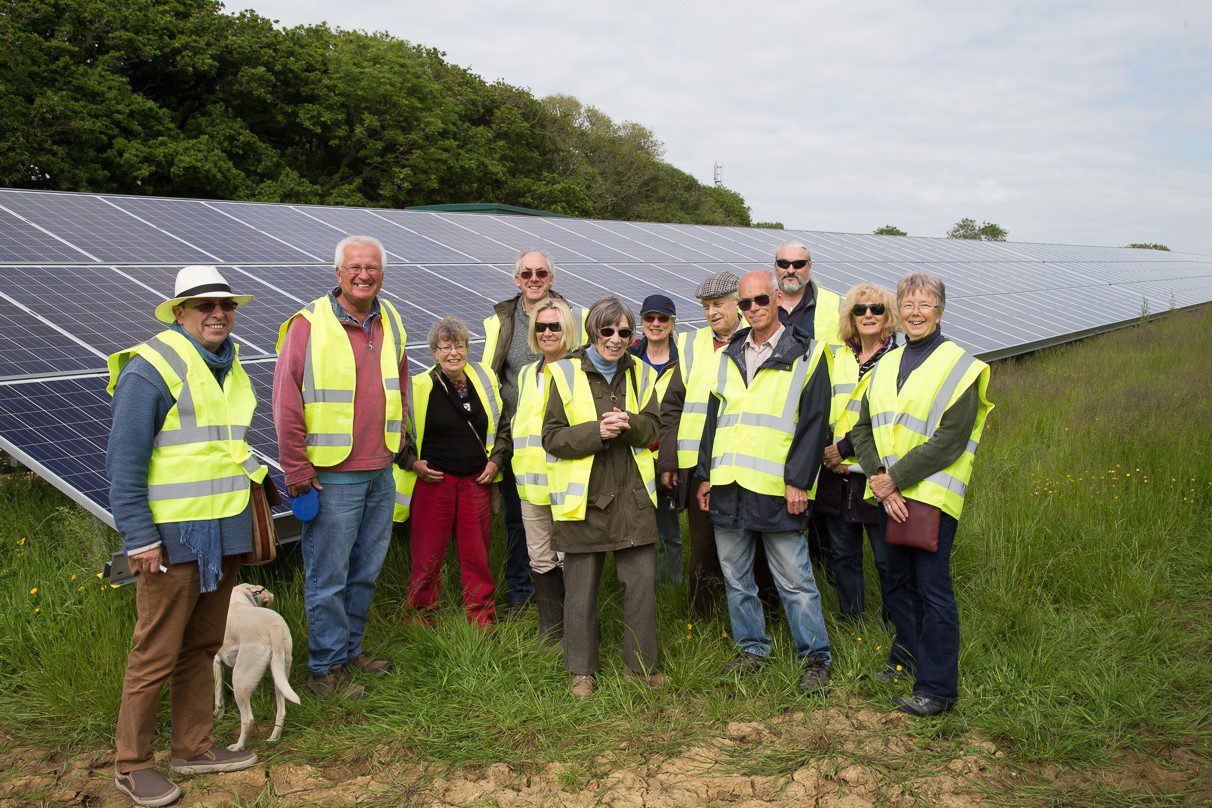The latest report from Power to Change, Financing the future economy, urges funders and social investors to address the complex finance landscape for community business, and provide funding and investment that is affordable, flexible and accessible to help community businesses fulfill their ambitions for their communities and neighbourhoods.
The report provides a comprehensive review of what Power to Change has learned through working on innovative funding programmes and partnerships to grow and invest in community businesses. It analyses the current finance and policy landscape and highlights innovative practices transforming the way funders and social investors support the sector.
The report provides key recommendations for funders and social investors to meaningfully support the community business sector:
- Design grant funding to diversify income streams, increase resilience, and reduce grant dependency. Funders should harness innovative approaches that enable community businesses to enhance their income from trading, such as enterprise grantmaking, and to take on social investment, through blended finance or by supporting community share offers.
- Fund flexibly and with greater equity of access in mind. Unrestricted funding, simple and easily understandable application processes, and pre-application support can all help underrepresented groups access funding. Making funding simple lets community businesses get on with addressing the greatest needs within their business and their local community.
- Provide affordable, transparent and long-term investment that acknowledges combined social and economic value. Offering genuinely affordable interest rates, long-term investment, and transparent terms help community businesses build the capabilities, financial resources and confidence to begin successfully taking on repayable capital. Social investors should also consider how adopting innovative approaches that recognise the combined social and economic value of community businesses and social enterprises, such as repayment in social value or turnover based repayments, could increase take-up of social investment.
Hannah Sloggett, Co-founder of Nudge Community Builders, a community business in Plymouth, said:
The report also provides recommendations for the next Government to work alongside funders and social investors to provide the type and level of investment required, including:
- adopting a cross-governmental social economy strategy
- introducing a successor to Social Investment Tax Relief
- using dormant assets funding for long-term, flexible investment
- unlocking private and institutional investment, for example through pension reforms
- continued funding and support for community asset ownership.
Many of the challenges for community businesses highlighted in this report are also true for other types of trading grassroots community organisations and social enterprises. The recommendations to funders and social investors can help those organisations that trade for purpose, not profit, to create a fairer and more sustainable future economy.
Anna Shiel, Chief Investment Officer at Better Society Capital, said:
We believe future approaches to regional growth provide a compelling and timely opportunity for blended finance to play an even greater role, reaching deep into communities while unlocking new sources of finance – and promoting a more inclusive model of economic development.
This report is part of Power to Change’s programme of work on Financing the Future Economy. Using the breadth of our knowledge and experience, this thematic area focuses on advocating for more affordable, flexible and accessible finance for community businesses.
Tim Davies-Pugh, Chief Executive Officer of Power to Change, said:
This research shows the complexities facing community businesses in financing their ambitions. They access support through a mosaic of different sources and overcome multiple hurdles that do not exist for the traditional business community. It cannot be right that Hastings Commons – a community business leading the regeneration of its local town centre – has had to secure funding from nearly 100 separate grant, loan, and social investment awards to bring much-loved buildings back to life.
We look forward, through our work on Financing the Future Economy, to collaborating with partners to turn these recommendations into reality so that community business has access to the right finance at the right time. Together we will harness this untapped potential and ensure community businesses play an even bigger role in our social and economic life.



